Media Packs

Human Times
Put your content in front of 60,000 global key decision-makers in HR every single day at 7.30am when our audience reads their news.
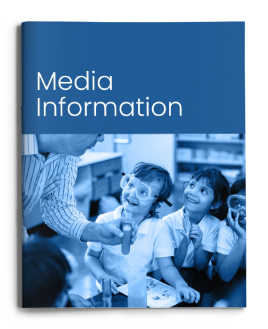
Education Slice
Targeted education news and an audience of 26,000 principals, superintendents, and administrators. Our sponsors' content is front of mind before the school day starts.
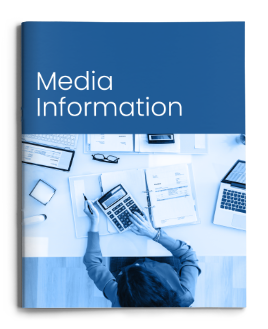
Risk Channel
Talk to 12,000 senior risk and compliance leaders exclusively in North America and Europe about your story and how you can help them.

Accountancy Slice
Reach over 15,000 accountancy leaders with your content every single day at 7.30am when they start their day with our latest news, views, trends, and comment impacting the accounting industry across the US.
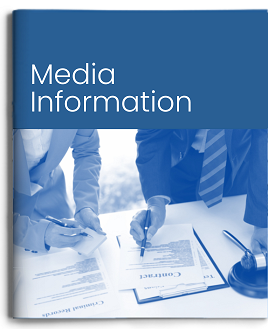
Legal Slice NA
19,000 senior legal professionals receive Legal Slice NA each morning. If you want to get your story, product, or brand in front of law firms’ owners, partners and practice managers talk to us.

Legal Slice UK
7,000 senior legal professionals receive Legal Slice UK each morning. If you want to get your story, product, or brand in front of law firms’ owners, partners and practice managers talk to us.
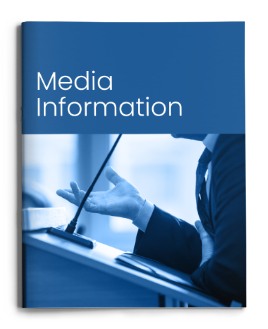
Legal Slice Scotland
Every weekday, you could share your content with 9,000 senior Scottish legal professionals. Only one sponsor per industry category so you are never treated like an ‘advert’.
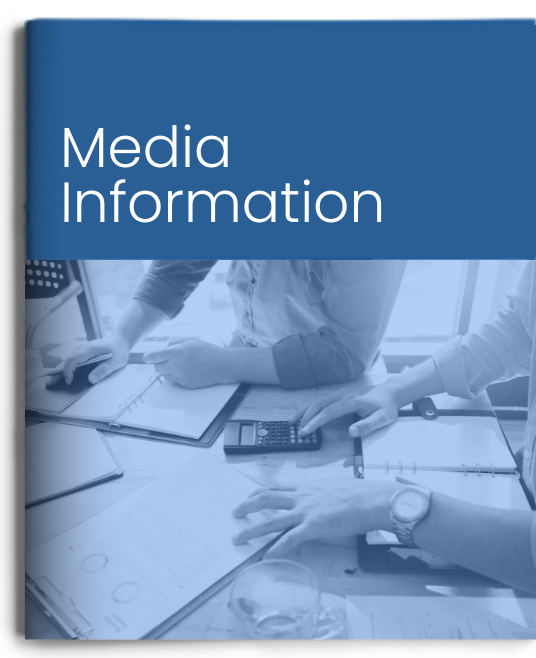
CFO Slice
CFO Slice is read by over 17,000 finance professionals. It is becoming the ‘go-to’ daily read for savvy CFOs. Talk to us now about putting your story in front of them.

Join our Community of Advertisers

ChartHop

Denovo

Enboarder

Galvanize

ManpowerGroup

Mcgraw Hill

Navex Global

Reward Gateway

Sodexo

TrueCue

Visier
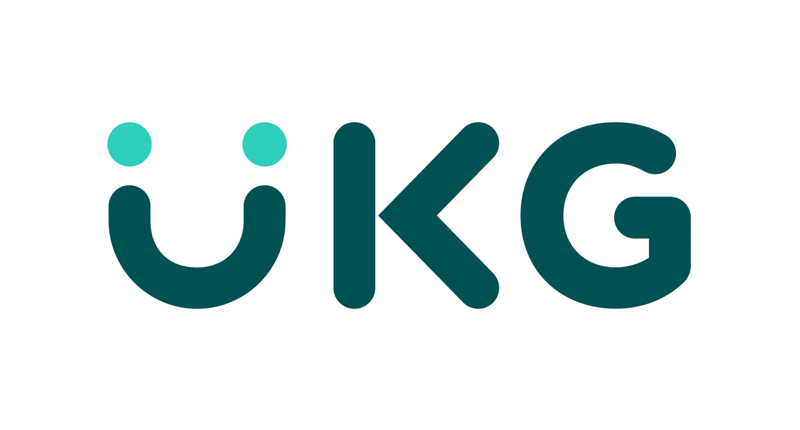
Visier
Recent Editions

North America
Human Times
Wells Fargo has suspended all travel to China after a banker was blocked from leaving the country, Reuters reports. The move follows Chenyue Mao, a Shanghai-born and Atlanta-based managing director at the banking giant, being subjected to an exit ban after she recently entered China. "We are closely tracking this situation and working through the appropriate channels so our employee can return to the United States as soon as possible," Wells Fargo said. A White House official said they could not comment on the reports of Mao being refused permission to leave China.
Full Issue
UK
Human Times
The hospitality sector has experienced "devastating" job losses, with over 108,000 payroll positions disappearing in the past year, according to the Office for National Statistics. Unemployment has surged to a four-year high of 4.7%, while average pay growth has dropped to 5%, the lowest since June 2022. Kate Nicholls, chairman of UK Hospitality, said: "These devastating job losses are a direct consequence of policy decisions at last year's Budget. The change to employer NICs in particular, was socially regressive and had a disproportionate impact on entry-level jobs."
Full Issue
USA
Education Slice
On Thursday, a coalition of nearly 600 local, state and national organizations representing districts, teachers, families, and students, in signing a letter to Secretary of Education Linda McMahon and Office of Management Budget (OMB) Director Russell Vought, asking them to facilitate the speedy release of over $6.8bn in federal education funds for ESSA Title programs I-C, II-A, III-A, IV-A, and IV-B. “These programs serve more than 95,000 K-12 schools and 55m students, as well as 1.2m adult learners. The delays are forcing schools to lay off staff, cancel professional development,
eliminate afterschool and summer programs, and scramble to prepare for the upcoming school year
without the resources they were promised,” the letter stated, adding: “With just weeks before schools reopen, this funding delay is sabotaging student learning, educator preparedness, and essential services—particularly for English learners, rural students, and families with
the greatest need." The July 1 disbursements to states are seen as critical for the institutions that educate and support young people and adult learners across the country. The letter's sentiment were echoed in a separate missive on Thursday to McMahon and Vought from seventeen Democratic state governors describing the funding freeze as "unacceptable," and detrimental to school operations and student services. Signatories included Katie Hobbs of Arizona, Gavin Newsom of California, J.B. Pritzker of Illinois, Michelle Lujan Grisham of New Mexico, and Daniel McKee of Rhode Island.

USA
Accountancy Slice
Former Missouri congressman Billy Long will be ceremonially sworn in as IRS Commissioner later today. He was confirmed by the Senate in June with a 53-44 vote, despite concerns regarding his ties to a tax credit scheme. Mr. Long's appointment comes amid significant staffing cuts and leadership instability within the agency, which have raised concerns about the upcoming tax filing season. In a message to IRS employees, he said: “In my first 90 days I plan to ask you, my employee partners, to help me develop a new culture here. I'm big on culture, and I'm anxious to develop one that makes your lives and the taxpayers' lives better.” Mr. Long, who has no prior experience in tax administration, previously sponsored legislation aimed at abolishing the IRS. His connections to alleged tax loopholes have prompted calls for a criminal investigation from Democrats.
Full Issue
Scotland
Legal Matters Scotland
Carole Ewart, Director of the Campaign for Freedom of Information in Scotland, argues that Scotland has a vital opportunity to modernise its Freedom of Information (FoI) law and reaffirm its global leadership in transparency, especially as other countries roll back access rights. She highlights ongoing challenges, including the Scottish Government’s reluctance to back reforms that would extend FoI to private and third-sector providers of public services. A proposed MSP bill seeks to close loopholes, strengthen enforcement, and ensure greater accountability, but needs cross-party and public support to pass. Ewart says public opinion strongly favours FoI reform, with high awareness and support for extending rights and penalising attempts to undermine the law. Ewart stresses that mobilising this public backing is essential for success before the parliamentary session ends in March 2026.
Full Issue
North America
Legal Slice
A lawsuit has been filed in the U.S. District Court for the Eastern District of California by state Atty. Gen. Rob Bonta one day after the Federal Railroad Administration pulled some $4bn in federal grants for the state's ambitious but much-delayed high-speed rail project. California Governor Gavin Newsom said the termination of the grants amounted to "petty, political retribution, motivated by President Trump's personal animus toward California and the high-speed rail project, not the facts on the ground." Reuters notes that the funding cancellation is the latest confrontation between Trump and a Democratic governor who is widely viewed as a leading contender for his party’s 2028 White House nomination.
Full Issue
Europe
Risk Channel
The Bank of England (BoE) has urged some lenders to evaluate their resilience against potential US dollar shocks amid growing concern over the stability of the dollar as a cornerstone of global finance. The BoE's Prudential Regulation Authority has requested banks to assess their dollar funding strategies, particularly in the light of White House policies which have raised doubts about the reliability of US support during financial crises.
Full Issue
North America
CFO Slice
Amazon has confirmed it will lay off an undisclosed number of employees in its Amazon Web Services (AWS) cloud computing division, a decision that spokesperson Brad Glasser said is "necessary as we continue to invest, hire, and optimize resources to deliver innovation for our customers." The company declined to say which units within Amazon Web Services were impacted, or how many employees will be let go as a result of the job cuts. AWS’ training and certification unit was one of the groups to see cuts, according to a memo sent out by division head Michelle Vaz. AWS sales rose 17% in the first quarter to $29.3bn compared to a year earlier and operating income rose 23% to $11.5bn.
Full Issue


